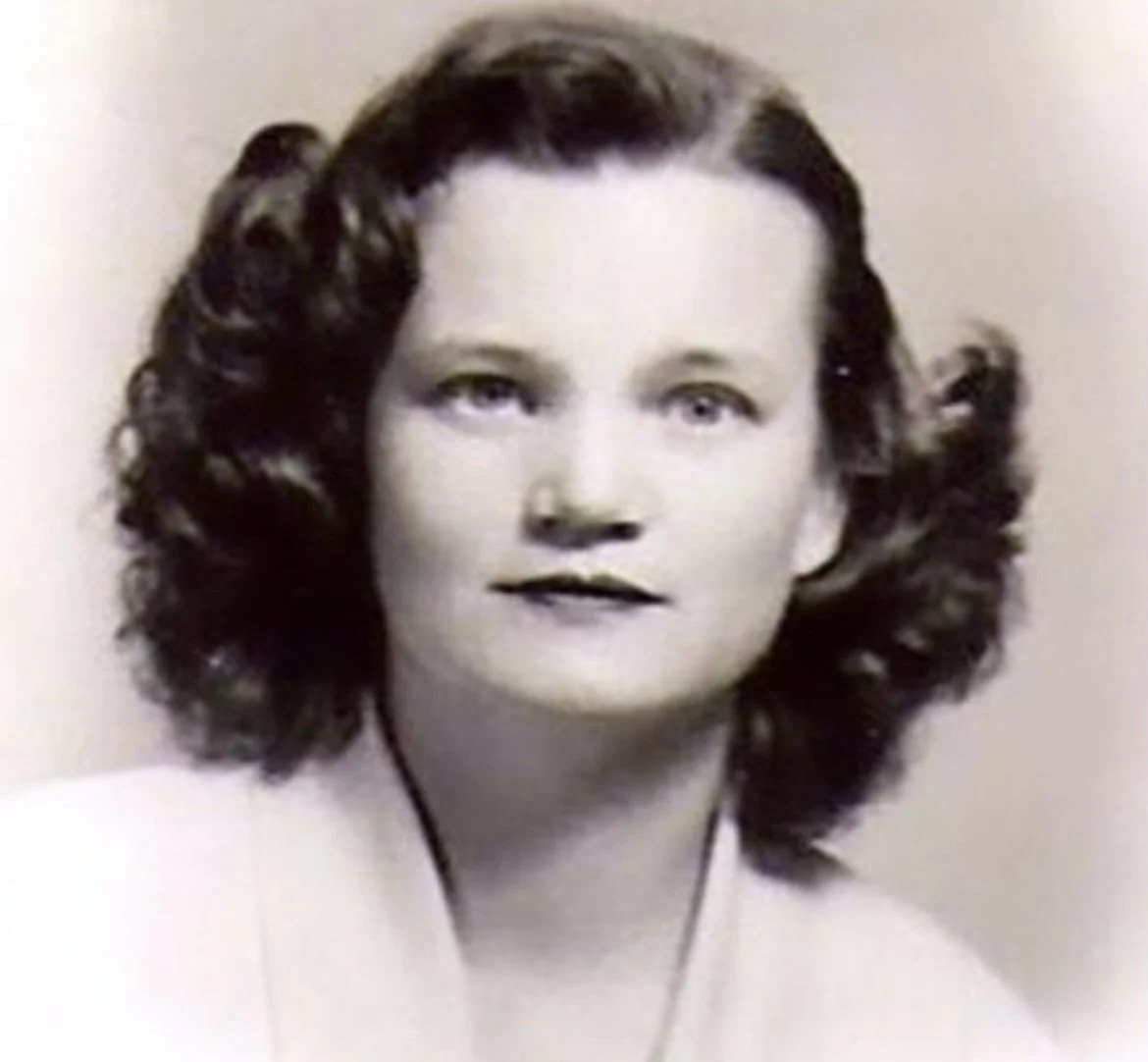Mackenzie Polonyi is a Pushcart-Prize-nominated poet, storyteller, educator, and children’s section specialist bookseller based in New Jersey and New York. Her debut poetry collection, Post-Volcanic Folk Tales, was a winner of The National Poetry Series. Her work may be found or is forthcoming in Barrelhouse Magazine, Crab Creek Review, Palette Poetry, Hayden’s Ferry Review, Tupelo Press, Diode Poetry Journal, Driftwood Press, Bennington Review, A Velvet Giant, Quarterly West, Tinderbox Poetry, and elsewhere. Mackenzie earned her MFA in Creative Writing (Poetry) from Cornell University, where she was a lecturer.
Raised in a household of paprika and pálinka in New Jersey by her homesick maternal grandmother––a refugee of The 1956 Hungarian Uprising and ensuing refugee crisis––Mackenzie necessarily explores prescribed responsibilities of diasporic only-daughterhood. While shepherding her beloved grandmother through hospice and transitioning at home, Mackenzie wanders into warpy and slippery yet informative familial-folkloric reveriescapes by way of amuletic diacritical vowels, gathering psychical cartographic knowledge from her grandmother’s body, name, language, personal possessions, silences, and stories. Mackenzie desperately records her grandmother’s waning memories cratered by suicide, displacement, occupation, revolution, exodus, homesickness, and progressive dementia, while simultaneously condemning violent political conditions and national victimhood, and interrogating intergenerational psychoemotional curses and ethics of witnessing. What do generations give one another? How do we metabolize what we inherit for healing?
A phantasmagorical train station––shared and frequented by generations of living and deceased women-relatives with pervasive medical histories of autoimmunity––materializes for her dream-like peregrinations, tender questions, vulnerable unsnarlings, and spectral cycle-confronting communions. In Post-Volcanic Folk Tales, Mackenzie is devoted yet vitally disobedient, her world-breaking and world-building are factual and folkloric. Here, Mackenzie practices her ancestral ‘language of grapevines,’ reflects upon refractive imperfections of remembrance, and troubles perceptions and illusions of time, death, and belonging. Here, she reconceptualizes guardian angels, explores complexities of ‘matriviticultural’ psychoemotional inheritance and familial illness, and ultimately––archives, grieves, and names her rage by way of imaginative invention.


